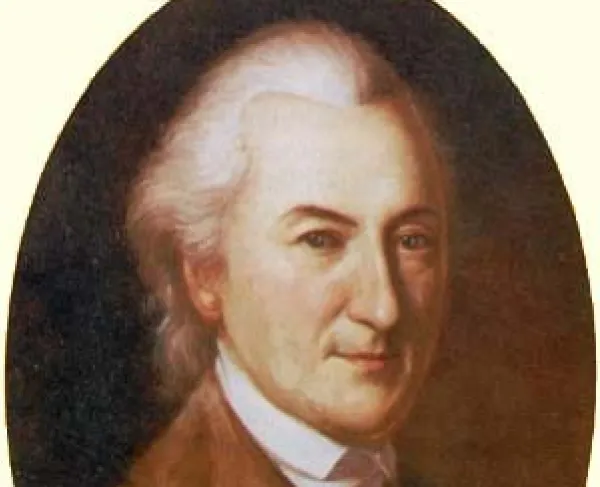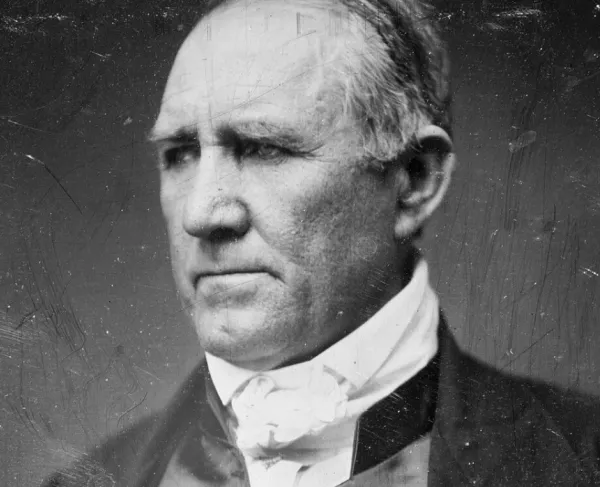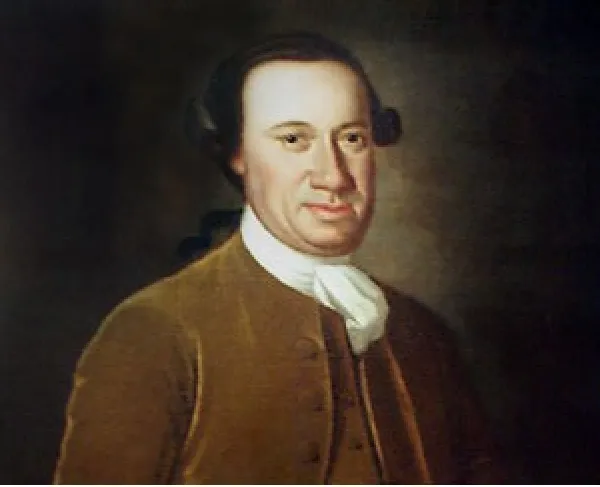Elbridge Gerry

Elbridge Gerry was born on July 17, 1744 in Marblehead, Massachusetts, to a family of successful merchants. He entered his father’s merchant business after receiving his education. By the 1770s the Gerrys were among the wealthiest merchants in Massachusetts.
Active in Massachusetts politics leading up to the Revolutionary War, Gerry advocated for the trade concerns of Massachusetts colonists. He served in the Second Continental Congress from 1776 to 1780, where he supported independence and earned the respect of John Adams.
During the Constitutional Convention in 1787, Gerry was one of three delegates to vote against the ratification of the U.S. Constitution. He opposed it out of his fear of centralized federal power. Gerry also opposed the popular vote, the three-fifths compromise and slavery, and the lack of protection for individual rights. He supported the Constitution after its ratification and later helped draft the Bill of Rights. He served two terms as a Massachusetts Congressman in the House of Representatives from 1789 to 1793.
Gerry was heavily involved in a matter of international intrigue, known as the X.Y.Z. Affair. The Jay Treaty increased tensions between the United States and France, by strengthening trade ties between the United States and Britain. President Adams appointed Gerry to a diplomatic mission to France in 1797, which aimed to come to an agreement with France and avoid war with their former ally during the Revolutionary War. Gerry arrived in France with two other American diplomats, Charles Cotesworth Pinckney and John Marshall, planning to meet with French Foreign Minister Charles Maurice de Talleyrand. Before they were able to hold diplomatic negotiations, associates of Talleyrand met the American diplomats and demanded that they met certain conditions to see Talleyrand. These conditions included payments of bribes to Talleyrand, a low-interest loan for the French government, and a formal apology for John Adam’s comments against France. Gerry and the other American diplomats refused to meet these conditions and were denied a meeting with Talleyrand. The X.Y.Z. Affair led to increased anti-French sentiment and calls for war against France in the United States. President Adams refused to ask Congress for a declaration of war, hoping that peace could still be achieved.
Gerry served as the Governor of Massachusetts from 1810 to 1812. His administration became infamous for drawing a partisan electoral district for political advantage, a practice known from then on as gerrymandering.
The Democratic-Republican Party selected him to be James Madison’s vice-presidential running mate for the 1812 election. When Madison won reelection, Gerry was a staunch supporter of his foreign policy and a proponent of the War of 1812, believing the war was necessary to protect the liberties they established. As Madison faced criticism for his leadership, Gerry remained a vocal supporter of the administration. In the summer of 1813 both President Madison and Vice President Gerry were ill and seemed unlikely to recover. Gerry presided over the Senate and despite his ill health, refused to yield his chair to William Giles, president pro tempore of the Senate. Giles, a Senator from Virginia, advocated for peace with Britain. Madison and Gerry both recovered from their illnesses. By not yielding his chair, against custom, Gerry protected the Madison administration in the case of his and Madison’s deaths while in office, much to the chagrin of their growing opposition in the Senate.
Elbridge Gerry passed on November 23, 1814, and he is the only signer of the Declaration of Independence to be buried in Washington DC. Not long after his passing, the United States defeated Great Britain and won limited concessions from the Treaty of Ghent.





